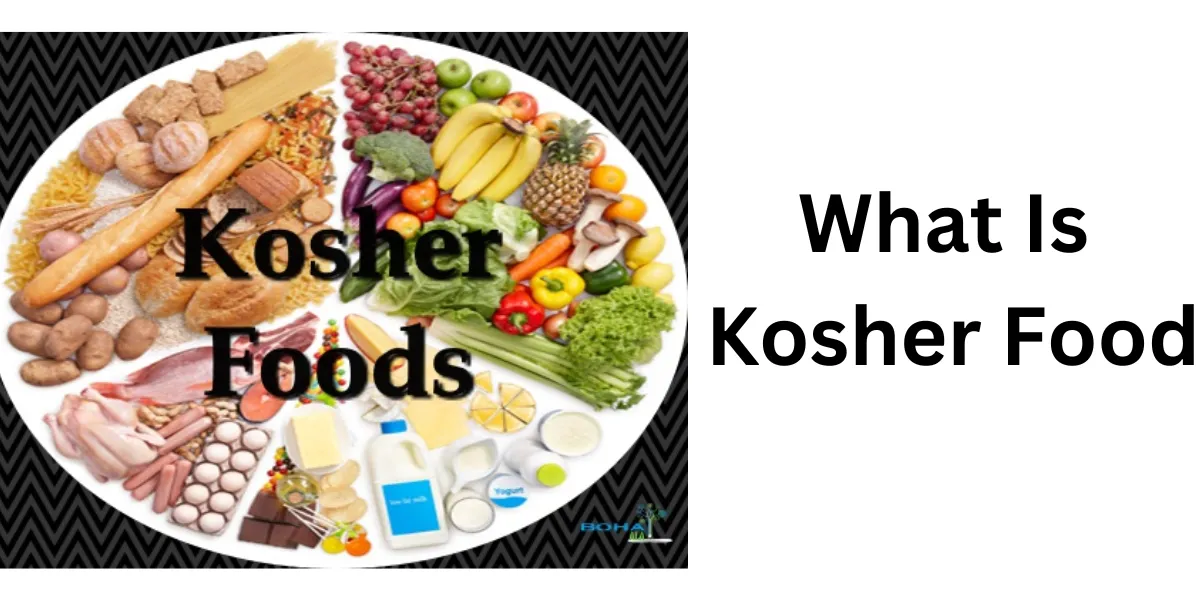What Is Kosher Food: Tradition, Principles, and Modern Applications
In today’s world, where culinary preferences and dietary restrictions abound, the realm of kosher food stands out as a unique and cherished tradition within the Jewish community. The concept of kosher, rooted in religious texts and ancient practices, has evolved over centuries while retaining its core principles. This article delves deeper into the multifaceted nature of kosher food, exploring its origins, fundamental principles, and its relevance in the modern world.
Origins and Historical Significance:
The roots of kosher food can be traced back to the Hebrew Bible, specifically the book of Leviticus. These dietary laws were given to the Jewish people as a means of promoting holiness, purity, and spiritual well-being. By adhering to these laws, Jewish individuals demonstrate their commitment to their faith and strengthen their connection to the divine.
The Basics of Kosher Food
At the heart of kosher food lies a set of guidelines and restrictions that encompass various aspects of food preparation, consumption, and production. These guidelines cover everything from the types of animals permitted for consumption to the specific methods of slaughter and the separation of meat and dairy products. The principles of kosher food include:
Permitted and Forbidden Animals:
Kosher dietary laws categorize animals into those that are permissible (kosher) and those that are forbidden (treif). Land animals must have cloven hooves and chew the cud to be considered kosher, which includes animals like cows, sheep, and goats. Birds, too, must belong to specific species to be deemed kosher. Fish with both fins and scales are also considered kosher. However, certain animals, such as pigs and shellfish, are strictly prohibited.

Slaughtering Process and Rituals:
The kosher slaughtering process, known as shechita, is a precise and ritualistic method performed by a trained individual called a shochet. The act involves a swift and precise cut to the animal’s throat with a perfectly sharp knife, severing the major blood vessels while minimizing suffering. This process ensures that the animal’s death is humane and adheres to the principles of kosher slaughter.
Meat and Dairy Separation:
One of the distinguishing features of kosher food is the strict separation of meat and dairy products. Jewish dietary laws prohibit the consumption of meat and dairy together or the mixing of their respective products during preparation or cooking. Separate utensils, dishes, and cooking surfaces are used for meat and dairy meals to avoid any cross-contamination. This practice reinforces the notion of keeping distinct and separate spheres for these two food categories.
Pareve Category and Dietary Neutrality:
Beyond meat and dairy, there exists a category known as pareve (also spelled parev or pareve), which includes foods that are neutral and can be consumed with both meat and dairy products. Examples of pareve foods include fruits, vegetables, grains, and eggs. Pareve items play an important role in diversifying and expanding the range of kosher meal options, as they can be incorporated into both meat and dairy dishes.
Kosher Certification:
To ensure that a product or establishment complies with kosher standards, many undergo a process of kosher certification. This process involves rigorous inspection, supervision, and compliance with specific guidelines established by reputable kosher authorities. Kosher certification is typically indicated by the presence of kosher symbols or labels on food packaging, allowing consumers to identify and trust kosher products.
Significance and Relevance in Modern Times:
While kosher food remains deeply rooted in religious traditions, its significance extends beyond religious observance. The principles and practices of kosher food have garnered interest and recognition in various contexts.
Cultural Heritage and Identity:
For Jewish individuals and communities, observing kosher dietary laws is a way to preserve their cultural heritage and maintain a strong sense of identity. The dietary restrictions and rituals associated with kosher food serve as a reminder of their ancestors’ traditions and reinforce a shared connection to Jewish history.
Spiritual and Mindful Eating:
The act of consuming kosher food can be seen as a spiritual practice, reminding individuals of their connection to a higher power and fostering gratitude for the sustenance provided. Adhering to kosher dietary laws requires conscious decision-making, mindful choices, and an awareness of the origins and preparation of the food being consumed.
Food Safety and Quality Assurance:
Kosher certification processes involve stringent inspections and regulations that ensure high standards of food safety and quality. Many consumers, both Jewish and non-Jewish, seek out kosher products due to the added layer of assurance provided by these rigorous inspections. The kosher label is seen as a mark of trust and integrity, as it guarantees adherence to specific guidelines.
Dietary Preferences and Health Considerations:
In addition to religious adherence, some individuals choose to consume kosher food for personal reasons. These may include dietary preferences, health considerations, or ethical beliefs. The stringent guidelines of kosher food, such as the emphasis on humane slaughter and the avoidance of certain unclean animals, align with various dietary philosophies and principles.
Global Awareness and Market Expansion:
Kosher food has gained increasing global recognition and has expanded its reach beyond the Jewish community. As the demand for kosher products has grown, manufacturers and food establishments have responded by developing and certifying an extensive range of kosher offerings. This market expansion provides greater accessibility to kosher food for consumers around the world.
Kosher food is far more than a simple set of dietary laws; it encompasses a rich tapestry of tradition, spirituality, and cultural significance. Rooted in ancient texts and historical practices, kosher food continues to thrive in the modern world. Whether followed strictly for religious reasons, chosen for personal preferences, or sought after for quality assurance, kosher food offers a unique culinary experience that reflects the diverse and evolving nature of Jewish culture.




